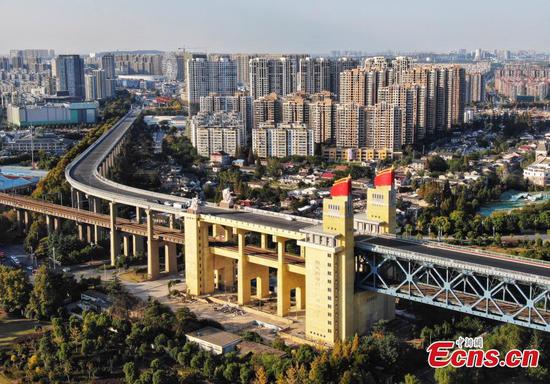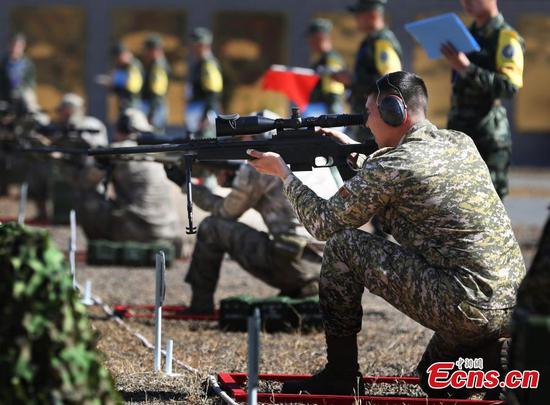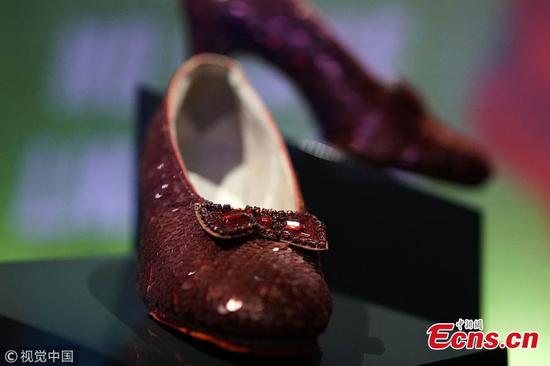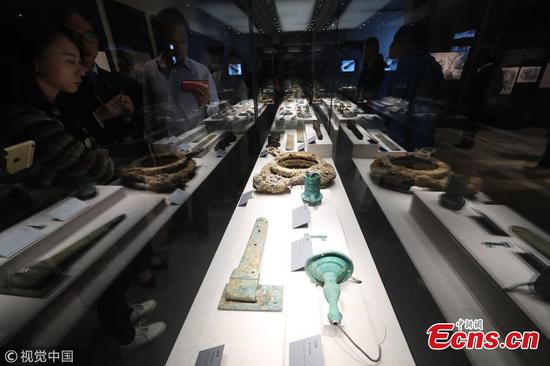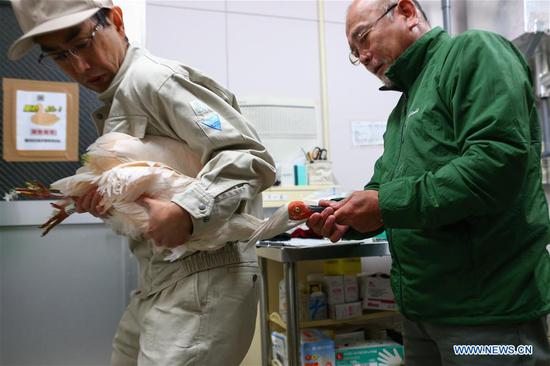China's GDP growth eased to 6.5 percent year-on-year in the third quarter, the lowest in nearly 10 years, but the fundamentals remain stable, as the country has taken a series of measures, such as tax cuts, to revitalize the economy and increase people's income.
In the first three quarters, the country saw GDP growth of 6.7 percent, according to data released by the National Bureau of Statistics on Friday.
During the same period, China's nominal per capita disposable income increased by 8.8 percent year-on-year, faster than its GDP growth.
Other people's living-related indicators, such as the surveyed urban unemployment rate, also improved. The surveyed jobless rate in urban areas dropped to 4.9 percent in September from 5 percent a year before, and that in 31 major cities fell to 4.7 percent from 4.9 percent in August and 4.8 percent in September last year.
For Hou Lijie, an accountant in a Beijing-based small business, steady income growth as a result of the stable operation of her company, which has benefited greatly from the country's tax cut and fee reduction initiative since last year, has emboldened her to spend more.
"I bought a new SUV in August to better facilitate my family's traveling, thanks to the continuous rise in our income and the tax cut on imported vehicles that took effect in July," said Hou, who works for a company that provides air conditioner maintenance service.
China's fixed-asset investment growth was 5.4 percent in the first three quarters, 0.6 percentage point lower than in the first two quarters but 0.1 percentage point higher than in the first eight months, indicating that growth was slightly accelerating.
Private investment rose by 8.7 percent year-on-year in the first three quarters. It was 0.3 percentage point faster than in the first half of this year and 2.7 percentage points higher than in the same period last year.
The country's economic structure is also improving, with the services industry contributing to 60.8 percent of GDP growth in the first three quarters, 1.8 percentage points higher than in the first half, while consumption accounts for 78 percent of the country's GDP growth in the same period.
"We don't need to worry too much about the slower GDP growth," said Hu Yuexiao, chief analyst at Shanghai Securities. "Investment has stabilized and started to rebound, and the weakening of growth may have possibly stopped."
Mao Shengyong, spokesman for the NBS, said the country's economic growth remained on track but faces strong head winds from external shocks and domestic economic restructuring.



















